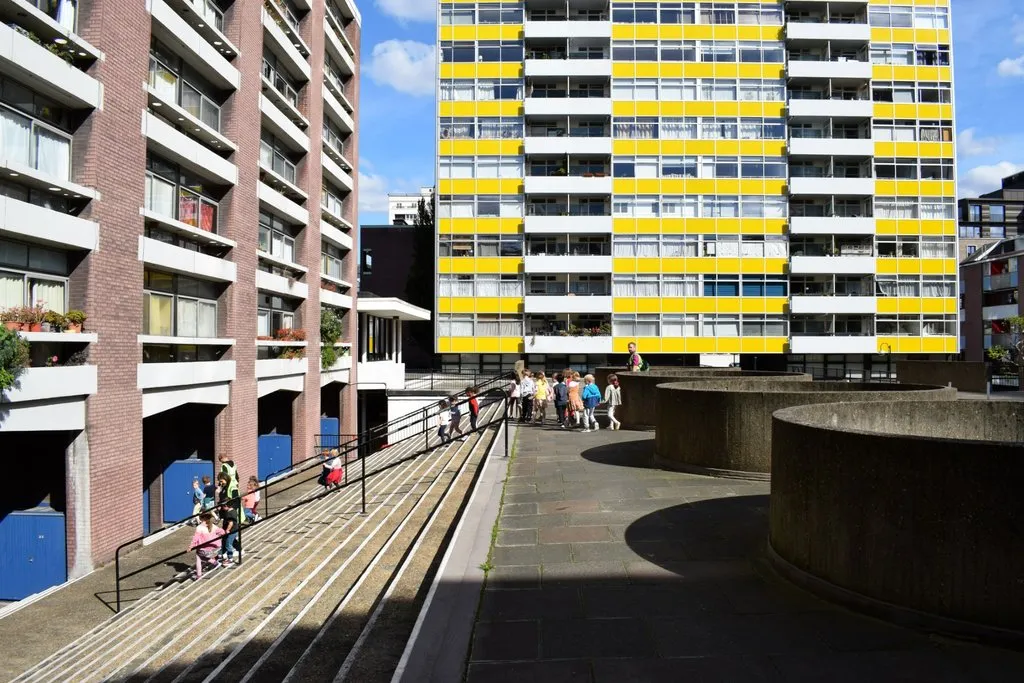First-Time UK Homebuyers Struggle with Soaring Mortgage Payments and Rising House Prices

UK First-time homebuyers are facing a tougher market than ever, with mortgage payments now taking up around 37% of their take-home pay, according to Nationwide. This figure is well above the long-term average of 30%, making it increasingly difficult for new buyers to step onto the property ladder.
The building society reported a pick-up in house price growth in the year to July, as rising wages helped boost confidence among prospective buyers. The growth rate climbed to 2.1% last month, the fastest pace since December 2022. Nationwide’s chief economist, Robert Gardner, noted that while higher wages have given some people more confidence to seek mortgages, high mortgage rates and affordability issues remain significant hurdles.
Despite the rise in wages, the typical monthly mortgage payment remains steep, particularly compared to the 28% of income that first-time buyers spent before the Covid pandemic. This has made it challenging for many to afford properties, especially given the high deposit requirements.
In July, the average house price increased to £266,334, up 2.1% from the previous year. However, prices are still below the all-time highs recorded in the summer of 2022. The faster growth rate partly reflects weak growth from the same period last year. Gardner also highlighted that people are feeling more confident as real-term wages continue to rise, despite a slowdown in pay growth, which is still outpacing inflation.
The Bank of England’s decisions on interest rates are crucial in this context. The Bank has maintained the base rate at 5.25% – the highest level in 16 years – for seven consecutive sessions. This has led to higher repayments for those with tracker mortgages and increased borrowing costs for those looking to secure or renew mortgage deals.
One major factor contributing to the high house prices relative to wages is the long-standing imbalance between housing supply and demand. This supply-demand gap has also pushed rental prices up. The government has pledged to address this by delivering 1.5 million homes over the next five years, including reforms to the UK planning system and allowing development on some green belt land.
Nationwide’s figures are based on its own lending data and do not account for cash buyers or buy-to-let deals, with cash buyers making up about a third of housing sales.
Looking ahead, the Bank of England is expected to cut rates at some point this year, with markets predicting a 60% chance of a rate cut on Thursday. The Bank’s base rate influences mortgage rates set by High Street lenders. Andrew Wishart, senior UK economist at Capital Economics, suggested that if interest rates are cut, house prices could gain momentum sooner than anticipated, potentially accelerating growth in the months ahead. However, this would require policymakers to implement at least two rate cuts this year, starting either on Thursday or in September.
Alice Haine, personal finance analyst at Evelyn Partners, added that a rate cut could energise the market, encouraging UK first-time buyers and sellers who have been waiting for better borrowing conditions to take action.
For more detailed information, visit the BBC here.









